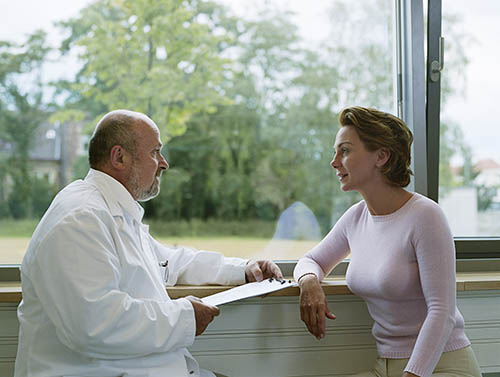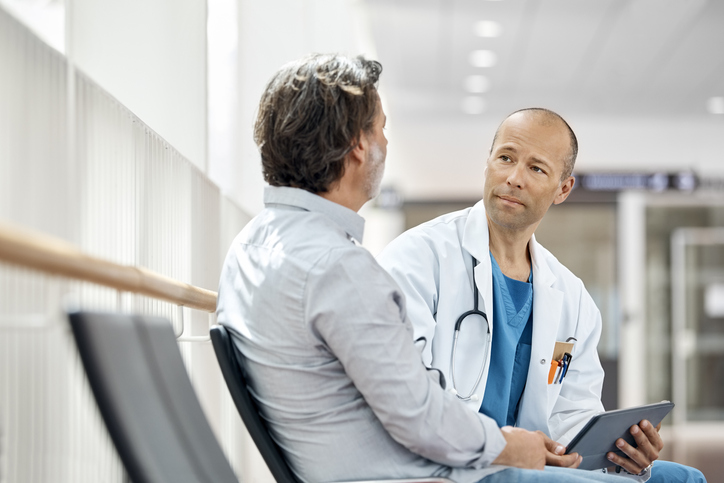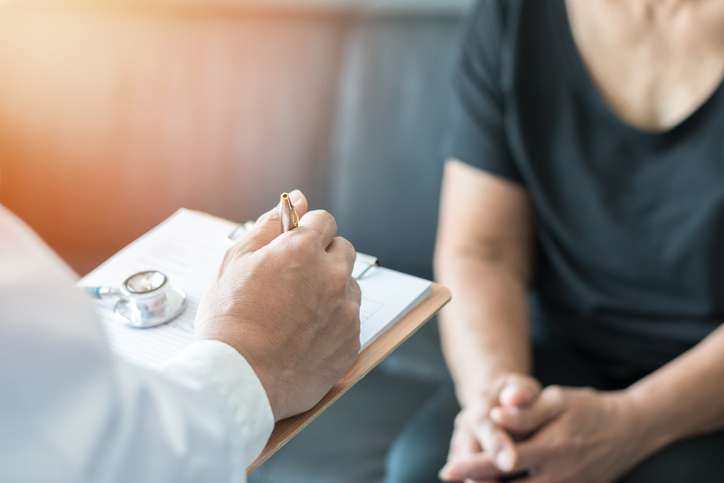If you want to report a side effect, you can report directly to the Danish Medicines Agency via the website www.meldenbivirkning.dk
We recommend that you also contact BMS to report side effects.
Side effects and other reportable events are defined here
Report side effects or product quality complaints: Medical Information
Ask a Question
Ask your question and our customer service team will answer it as soon as they can. Questions that do not contain personal information may be posted to our help center to be of service to others
Please enter valid email address.
Please enter all required fields.





